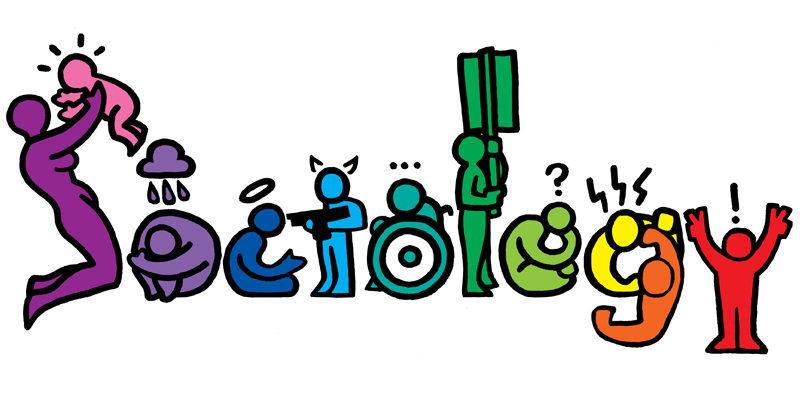– Giddens, A., Duneier, M., Applebaum, R., & Carr, D., "The Essentials of Sociology"
![]() Welcome to Sociology – the study of human societies. Sociology is a discipline that helps us to understand
our social world, while at the same time helping us to question the arrangement of
it. Sociology begins with the assumption that no one is an island; we are not simply
individuals with complete autonomy and self-determination, but rather social beings.
The sociological perspective asks us to explore a central paradox--that we both shape
and are shaped by the social world in which we live.
Welcome to Sociology – the study of human societies. Sociology is a discipline that helps us to understand
our social world, while at the same time helping us to question the arrangement of
it. Sociology begins with the assumption that no one is an island; we are not simply
individuals with complete autonomy and self-determination, but rather social beings.
The sociological perspective asks us to explore a central paradox--that we both shape
and are shaped by the social world in which we live.
Sociology is a way of understanding the world that requires empirical research and what American Sociologist C. Wright Mills called a “sociological imagination,” the ability to connect our individual lives to the world around us, as well as to the lives of those with which we share this world.
The practice of sociology is often motivated by a desire to bring about social change and social justice. Because of this, sociology tends to be very interested in examining social inequality and calling into question practices and process that uphold it or create it.



